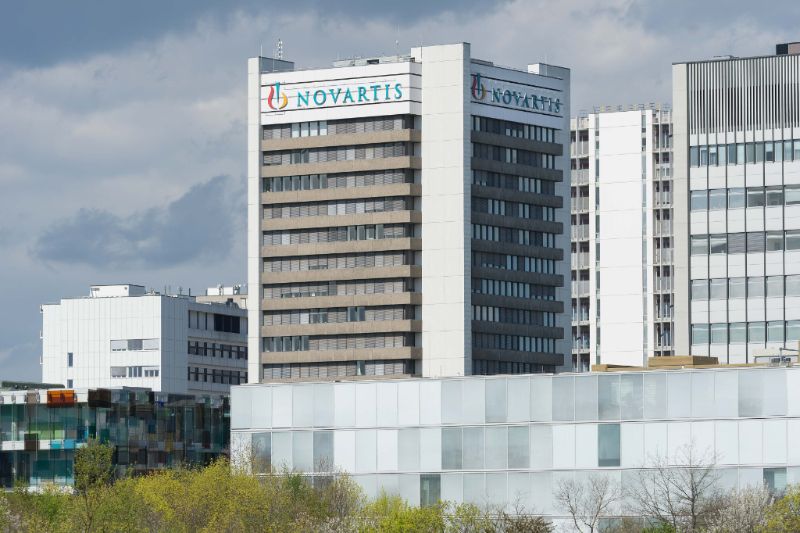
The UK’s National Institute for Health and Care Excellence (NICE) has recommended the use of Novartis’ blindness gene therapy Luxturna (voretigene neparvovec) on the NHS in England and Wales.
Developed by Spark Therapeutics, Luxturna is a one-time therapy indicated to treat inherited retinal dystrophies in both children and adults with vision loss caused by genetic mutations in the two copies of the RPE65 gene.

Discover B2B Marketing That Performs
Combine business intelligence and editorial excellence to reach engaged professionals across 36 leading media platforms.
The drug delivers the functional copy of the RPE65 gene to improve vision and block progressive sight loss. Its administration is via injection under the retina.
Novartis obtained a licence from Spark Therapeutics in January last year to commercialise Luxturna in markets outside the US. Spark received the European regulatory approval for the drug in December 2017.
Novartis noted that 180 people are currently living in the UK with mutations in both copies of the RPE65 gene. Of these patients, less than 50% have been diagnosed using a genetic test.
A deal between Novartis and the NHS, which has agreed to fund the gene therapy, is expected to benefit patients. Luxturna is priced at £613,410 per patient and will be available on the NHS at an undisclosed discounted price.

US Tariffs are shifting - will you react or anticipate?
Don’t let policy changes catch you off guard. Stay proactive with real-time data and expert analysis.
By GlobalDataAccess to the drug is expected to be available from January next year. Initially, three specialist centres in the UK will have access, with plans for expanding to additional hospitals.
Novartis UK country president Haseeb Ahmad said: “Through effective collaboration with NICE and NHS England, it has been possible to secure rapid access to the first and only one-time gene therapy for patients living with this condition.”
The NICE recommendation comes from results from a Phase I clinical trial, its follow-up study and a randomised controlled Phase III trial.
Novartis is currently facing challenges with its spinal muscular atrophy (SMA) gene therapy Zolgensma in the US. The drug is associated with data manipulation concerns.




